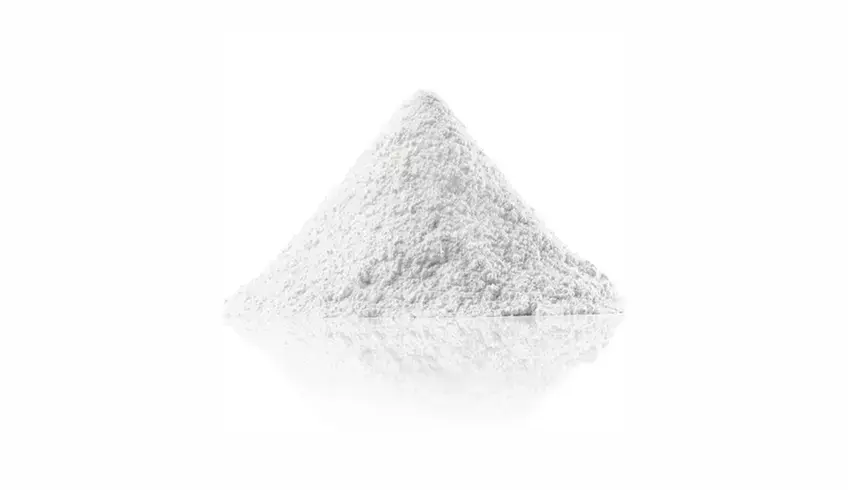Use of Dicalcium Phosphate in Tablets
2023-08-16
Introduction:
Dicalcium phosphate (DCP), also known as calcium hydrogen phosphate, is a mineral compound that finds widespread use in various industries. One of its primary applications is in the pharmaceutical sector, where it plays a vital role as an excipient in tablet formulation. In this article, we will delve into the significance of DCP in tablet manufacturing, explore its properties, and understand why it is a popular choice among pharmaceutical manufacturers.
Properties of Dicalcium Phosphate:
DCP is a white, odorless powder that is insoluble in water but readily dissolves in dilute hydrochloric acid. Its chemical formula is CaHPO4, signifying its composition of calcium cations (Ca2+) and phosphate anions (HPO4 2-). This compound is derived from calcium hydrogen phosphate mineral sources and undergoes a purification process to create the refined Dicalcium Phosphate suitable for pharmaceutical use.
Benefits of Dicalcium Phosphate in Tablet Formulation:
Diluent and Binder: In tablet manufacturing, DCP acts as a diluent, which helps to increase the tablet's bulk and size. It provides excellent compressibility, allowing tablets to maintain their shape and integrity during production. DCP also acts as a binder, ensuring the tablet ingredients cohere together effectively.
Controlled Release Formulation: DCP offers unique properties that make it an ideal choice for controlled-release formulations. By modifying the particle size and surface characteristics of Dicalcium Phosphate, pharmaceutical manufacturers can achieve specific drug release profiles, ensuring optimal therapeutic efficacy and patient compliance.
Bioavailability Enhancement: Enhancing the bioavailability of active pharmaceutical ingredients (APIs) is crucial for drug effectiveness. Dicalcium Phosphate can improve the dissolution and solubility of APIs in tablets, thus enhancing their bioavailability. This is especially beneficial for poorly soluble drugs that require improved absorption rates.
Compatibility: DCP exhibits excellent compatibility with a wide range of pharmaceutical ingredients. It can interact with other tablet excipients and APIs without causing chemical reactions or compromising the stability of the tablet formulation. This makes it a versatile excipient suitable for various drug formulations.
Safety and Regulatory Approvals: Dicalcium Phosphate used in tablets undergoes rigorous quality control testing to ensure it meets safety standards. Reputable pharmaceutical manufacturers source DCP from reliable suppliers that adhere to stringent regulatory requirements, such as Good Manufacturing Practices (GMP) and pharmaceutical regulatory bodies.
Conclusion:
The use of Dicalcium Phosphate in tablet formulation offers several advantages for the pharmaceutical industry. Its properties as a diluent, binder, and controlled-release agent make it a versatile excipient that enhances tablet integrity, drug release profiles, and bioavailability of APIs. Moreover, its compatibility with other ingredients and its safety profile further contribute to its popularity among pharmaceutical manufacturers.
When choosing Dicalcium Phosphate for tablet manufacturing, it is essential to consider factors like quality control, regulatory compliance, and supplier reputation. Opting for trusted suppliers who maintain stringent quality standards ensures the consistent and reliable availability of high-quality DCP.
As pharmaceutical manufacturers continue to innovate and develop new drug formulations, Dicalcium Phosphate will remain a vital ingredient in tablet manufacturing, contributing to the effectiveness and success of various medications in the market.


